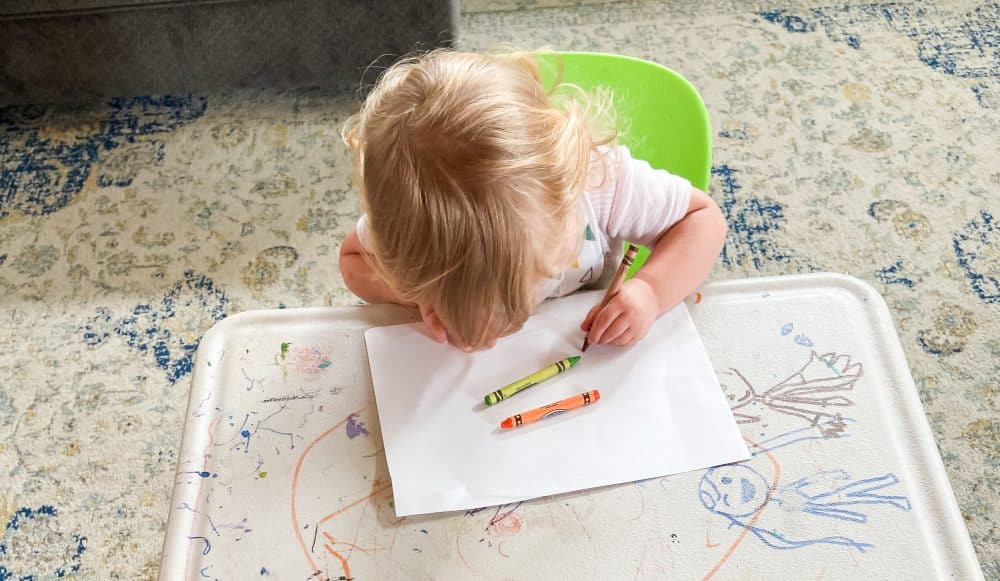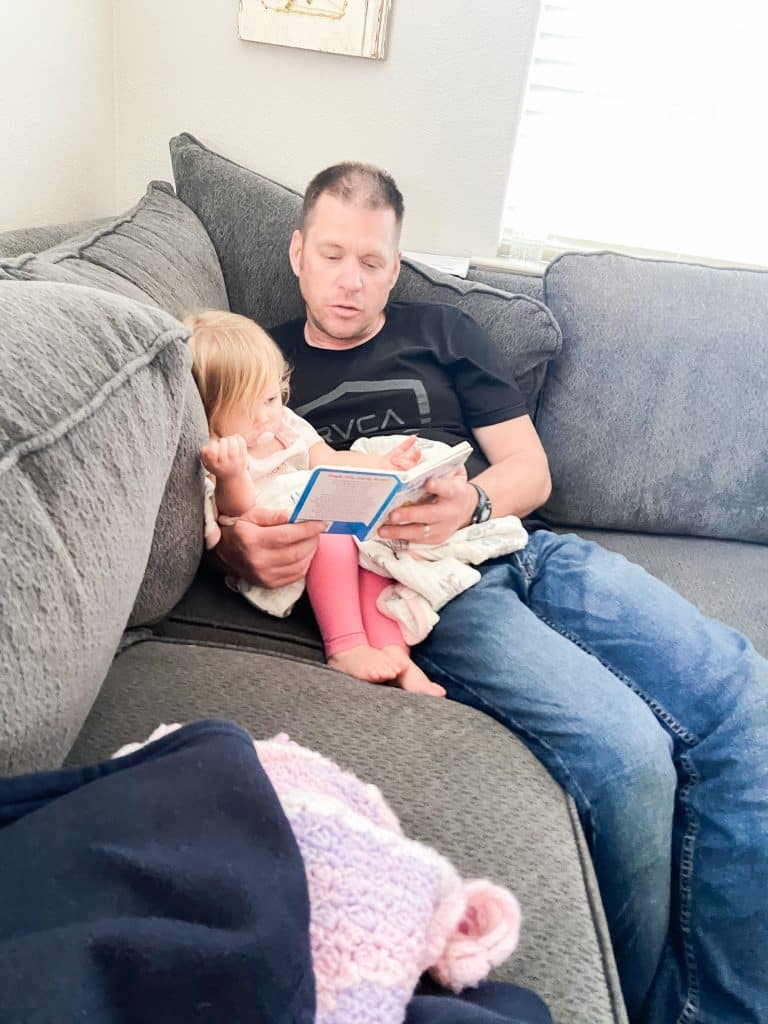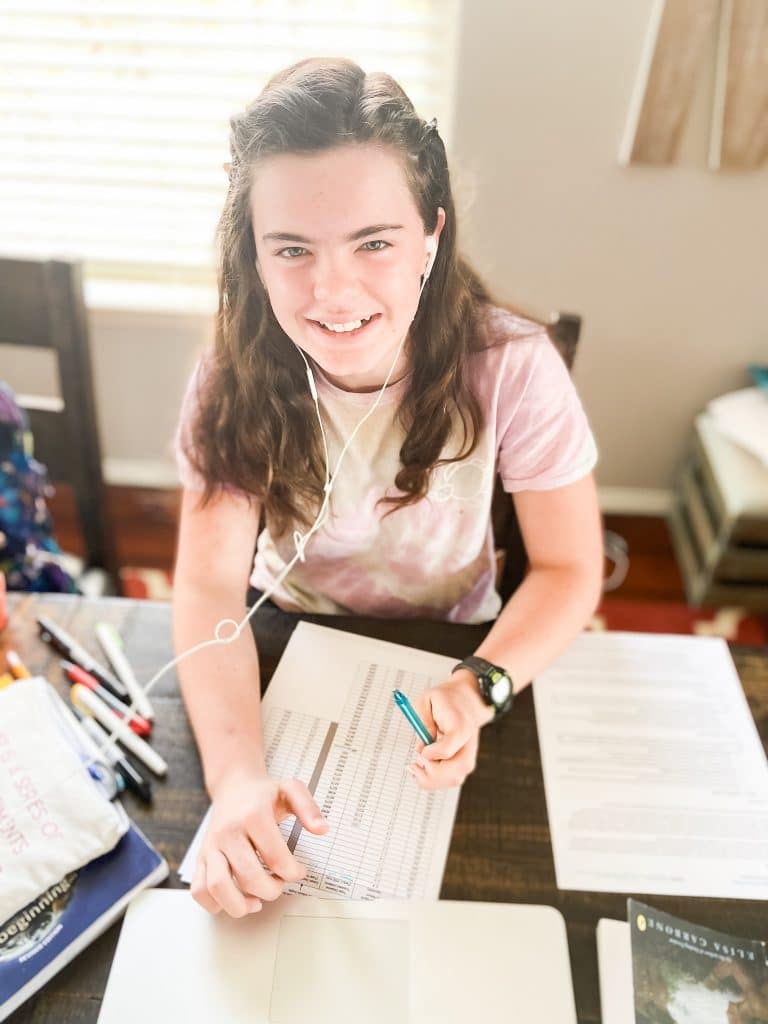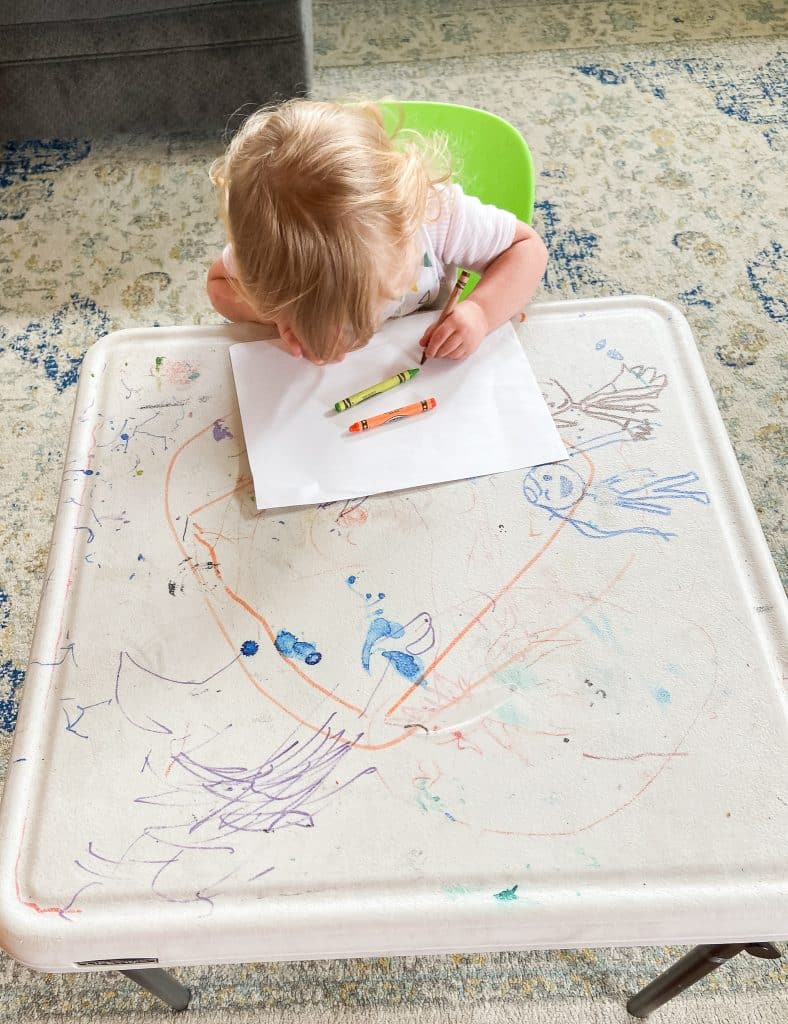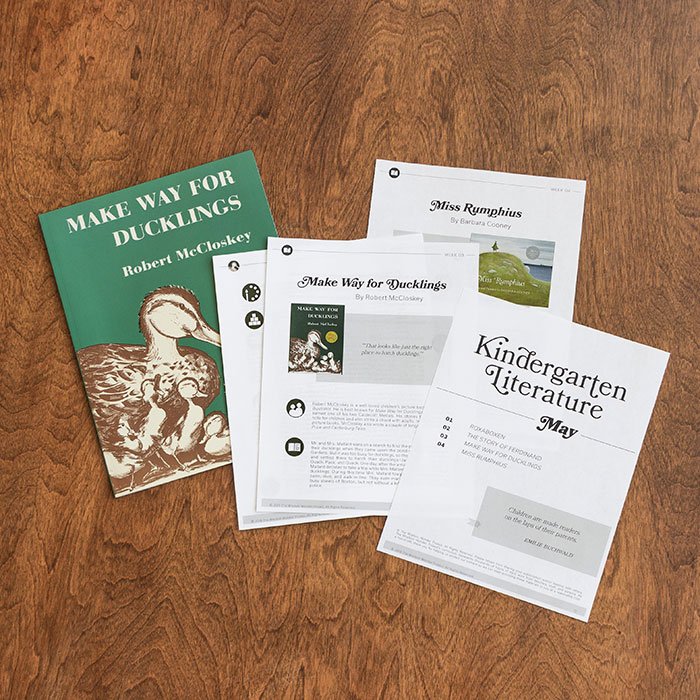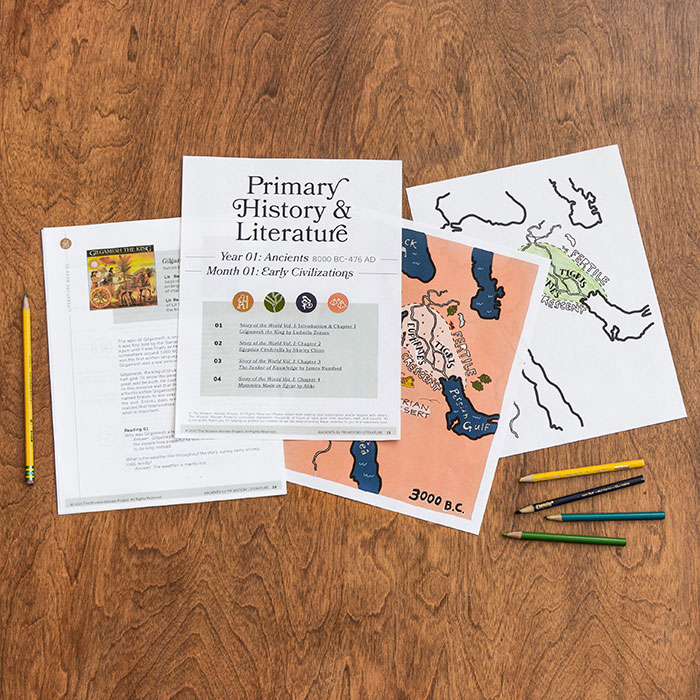When I was in college I lived with a single mom and her two young boys. We met one summer while we were both working for a local minor league baseball team. She needed a roommate and I needed a place to live, so it worked! We quickly became really good friends and her boys were like my brothers. During our many conversations, she would sometimes plant these little nuggets of wisdom that I eagerly absorbed. The two I clearly remember were “Advice should only be given when asked for or when it’s an emergency” and “If you have no expectations you can’t get hurt.” Sounds simple enough, right? Well fast-forward 20-something years later and not only was she right, but man, those two things sure are a struggle for me to live by. Applying these ideas to my partner, work, and children is probably one of the biggest challenges I face, but when adhered to comes with the best rewards. When you really get down to it, I think it’s about controlling our own emotions, reactions, and identifying how they impact the people around us, and I think this also applies to our homeschool journeys.
If you’re coming from a traditional public school setting and you’ve begun homeschooling your own children, you might have it in your mind that homeschooling should look very similar to what you were doing and learning in public school as a kid. Tests, deadlines, pressure to perform… these pressures can leave you wondering why your kids don’t like homeschooling. It might be time to shift your perspective and release the idea that your homeschool should mirror a public school setting (and if you think it should then I encourage you to ask yourself why you pulled your kids from a traditional school setting in the first place). Release the expectation that homeschooling should be just like school as you knew it growing up. This can feel both scary and exciting!
You can opt to stop focusing on grade levels, let go of the expectation that your child should be reading by age 4 and counting to 100 at 5, knowing their times tables through 12 at 8, and so on. Look, I’m not saying let your kids flounder about like a fish on the shore. I’m saying your homeschool, my homeschool, the homeschool account on Instagram, the public school kids next door, the 3-year-old piano-playing prodigy your mother-in-law knows…. they’re not your kids. As their parent educator, you know your children best. You know what they love, how they learn, and how to nurture them best. Stop comparing your homeschool path to the people around you. Hands down, the most amazing part of homeschooling is allowing our kids to learn at their own pace and to learn in a way that best suits their needs.
I will tell you the ugly truth: I had to learn this the hard way. Early in our homeschool journey, I was very critical of my daughter and her ability to understand and learn things the way I thought she should learn them (read that again, the way I thought she should learn them). There were many, MANY days we were both in tears and I was doubting my every decision. Then it clicked –– my expectations (or should I say, the fear and judgment of other people’s expectations) were ruining my relationship with my daughter. I felt like I had to prove to everyone and myself that homeschooling was the best decision and my daughter was smarter than the other kids. Can you imagine the pressure that must have placed on my precious nine-year-old? The pressure alone on me was enough to keep me up at night. Then I stopped. It was just way too much work to keep up with the expectations.
When I shifted my perspective, things changed. Now we don’t rush through the curriculum, or breeze over something if she doesn’t understand it just for the sake of saying we did it. If she wants to spend an extra week studying about Pompei, she does. If she’s not fully grasping an idea in her grammar book we spend extra time learning until she’s got a firm grasp on the concept. She’s a high school student now and I have even released the expectation that she’s going to do the curriculum I think she should do. I compile some good curriculum options and then hand the responsibility over to her to make the final choice.
Over the years, have learned that my 8-year-old son often needs a little extra time in math. So instead of pushing him through to make sure the expectation of keeping up with his peers is met, I allow him the space and the opportunity to fully understand and engage in his math lessons (thank you Wisdom Wonder Project Singapore Math videos). If that means we go back a few chapters to solidify math facts, then we do it. Realizing that our children are individuals and learn at different paces ultimately gives them the best education. So, free yourself, free your children from any expectations that you might be holding on to. They will be okay, they will learn, and they will be productive adults if you homeschool according to their needs. We all want our kids to be successful, right? Don’t rush them, stop drilling your 4-year-old with flashcards, take the pressure off of everyone. Take this time to enjoy learning together and enjoy your kids.
Okay, I have to rush off, the expectation that my three-year-old wouldn’t color the carpet with an Expo marker has not been met and I have to get it cleaned up. See what I did there?
